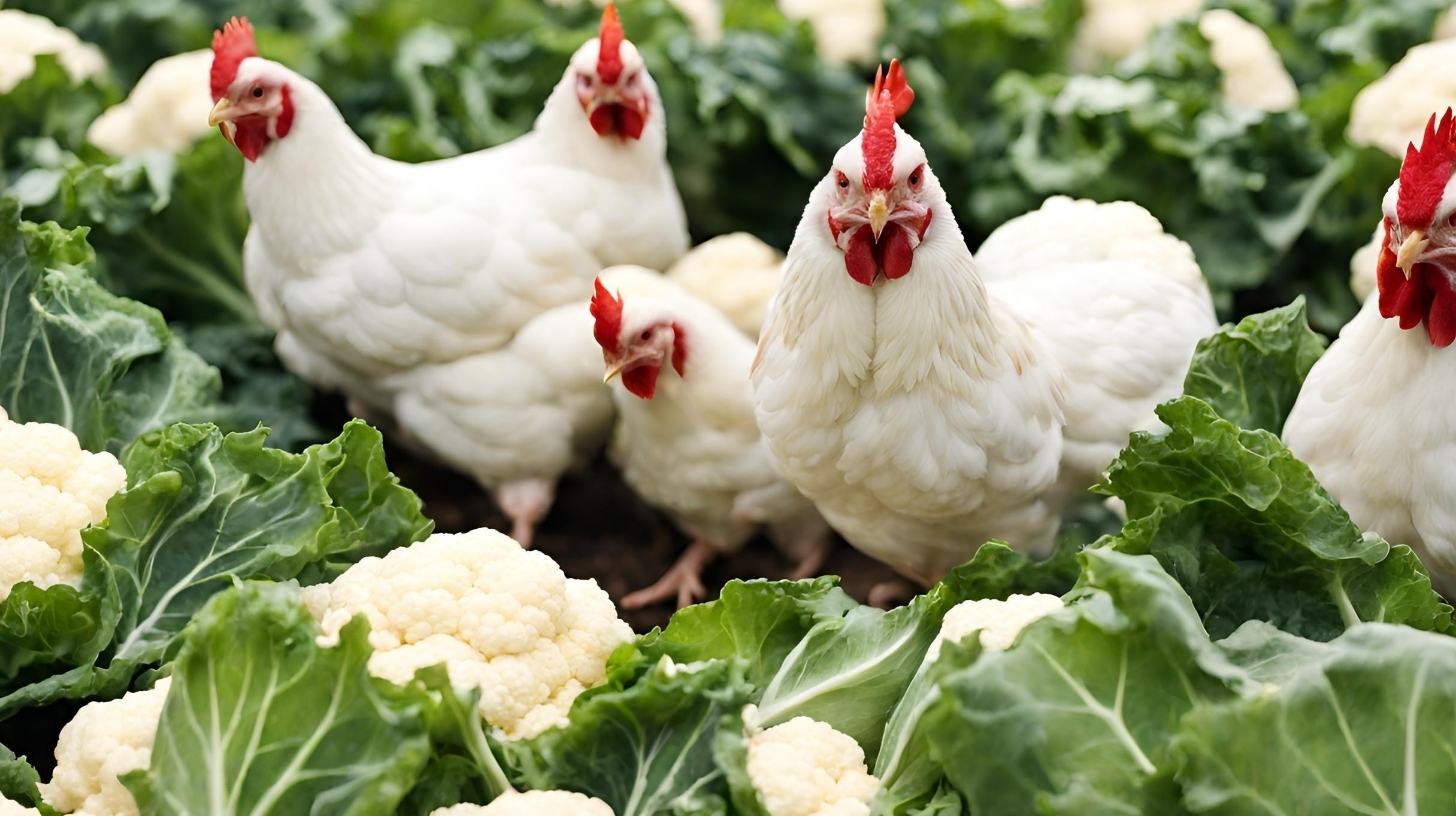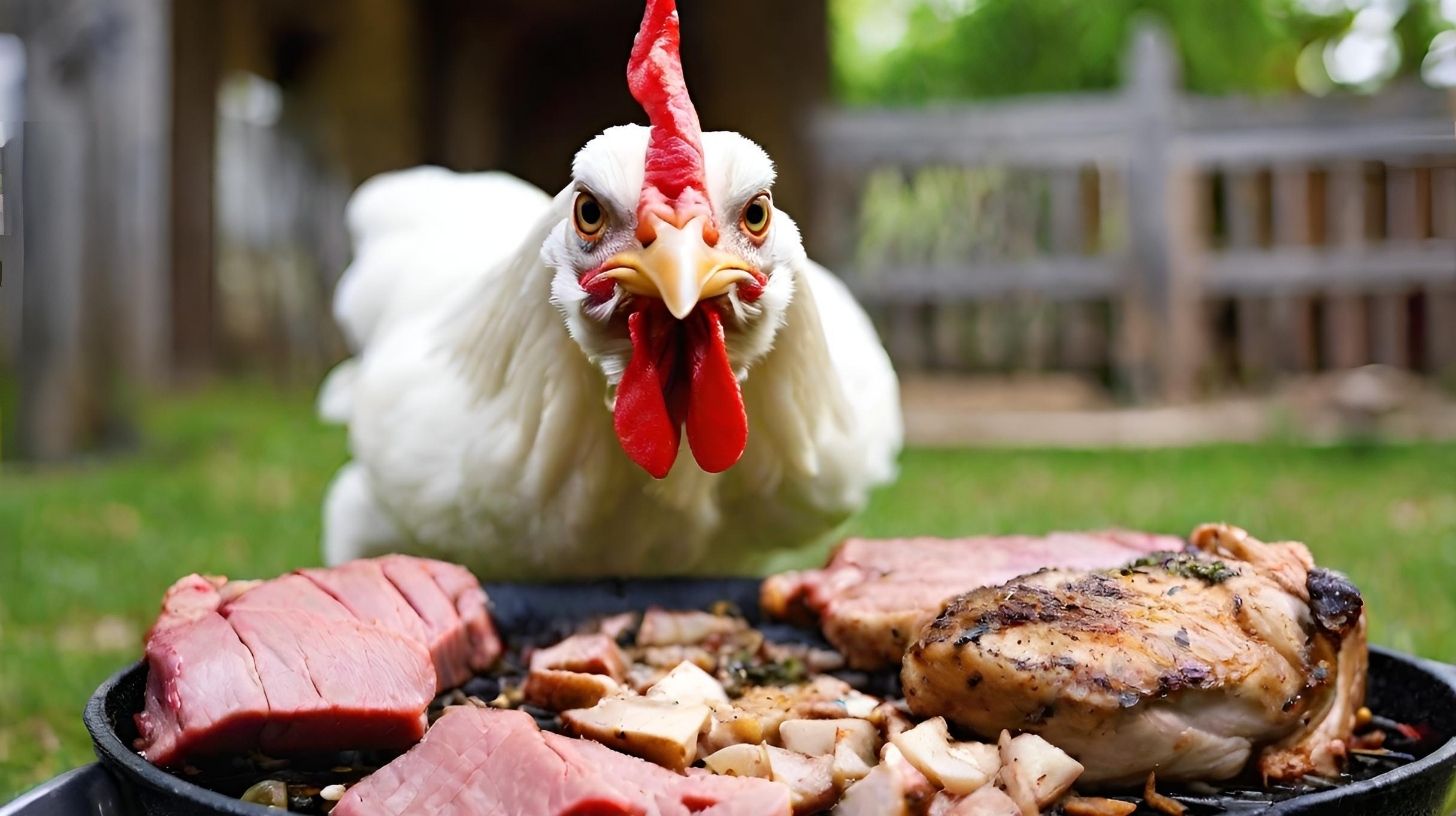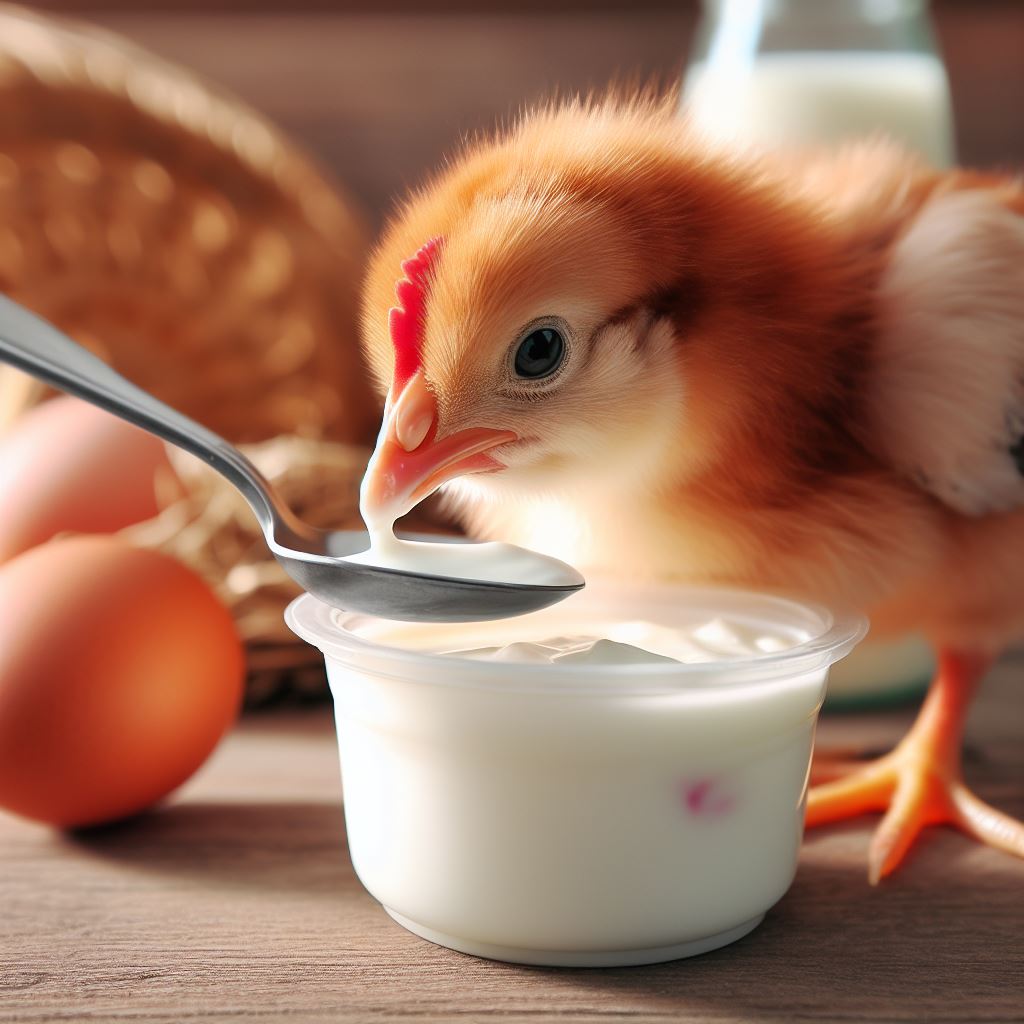Can Chickens Eat Cabbage?
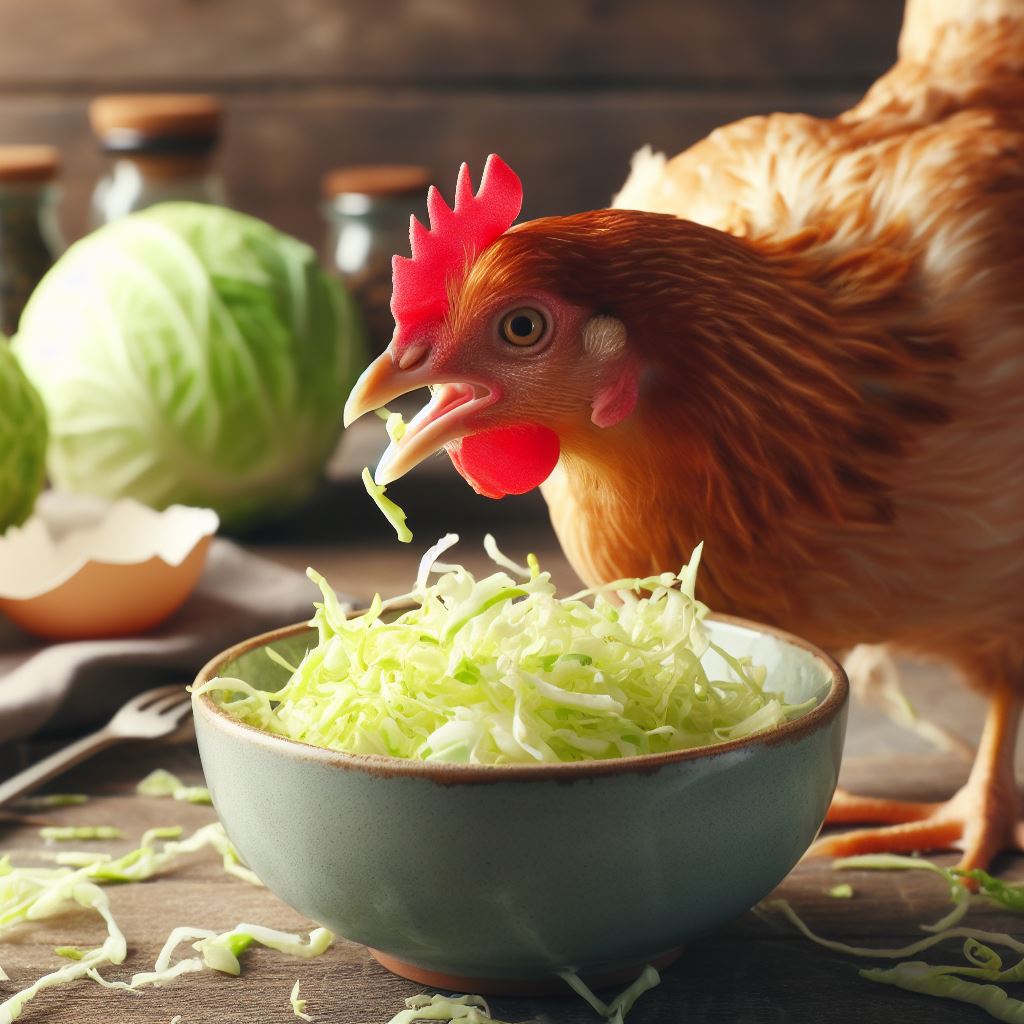
Table of content:
Cabbage can be a nutritious occasional treat for chickens when fed in moderation. This leafy green provides important vitamins, minerals, and antioxidants that can complement your flock’s regular diet. However, cabbage should not make up a substantial portion of a chicken’s nutrition.
Cabbage is a vegetable that belongs to the Brassica family, which also includes broccoli, cauliflower, kale and brussels sprouts. It comes in a variety of forms including green, red, napa, bok choy, and savoy.
Nutritional Benefits
- High in vitamin C – important for immune health
- Good source of vitamin K – supports bone and blood health
- Contains antioxidants like anthocyanins and flavonoids
- Provides some B vitamins like folate, riboflavin, and pyridoxine
- High water content helps with hydration
Potential Concerns
- Goitrogenic compounds can interfere with thyroid function if consumed in very high amounts
- Contains natural pest deterrents that may cause gastrointestinal upset
- High in oxalates that can bind calcium and cause nutritional deficiencies
So while cabbage has some great attributes, it also requires feeding in moderation.
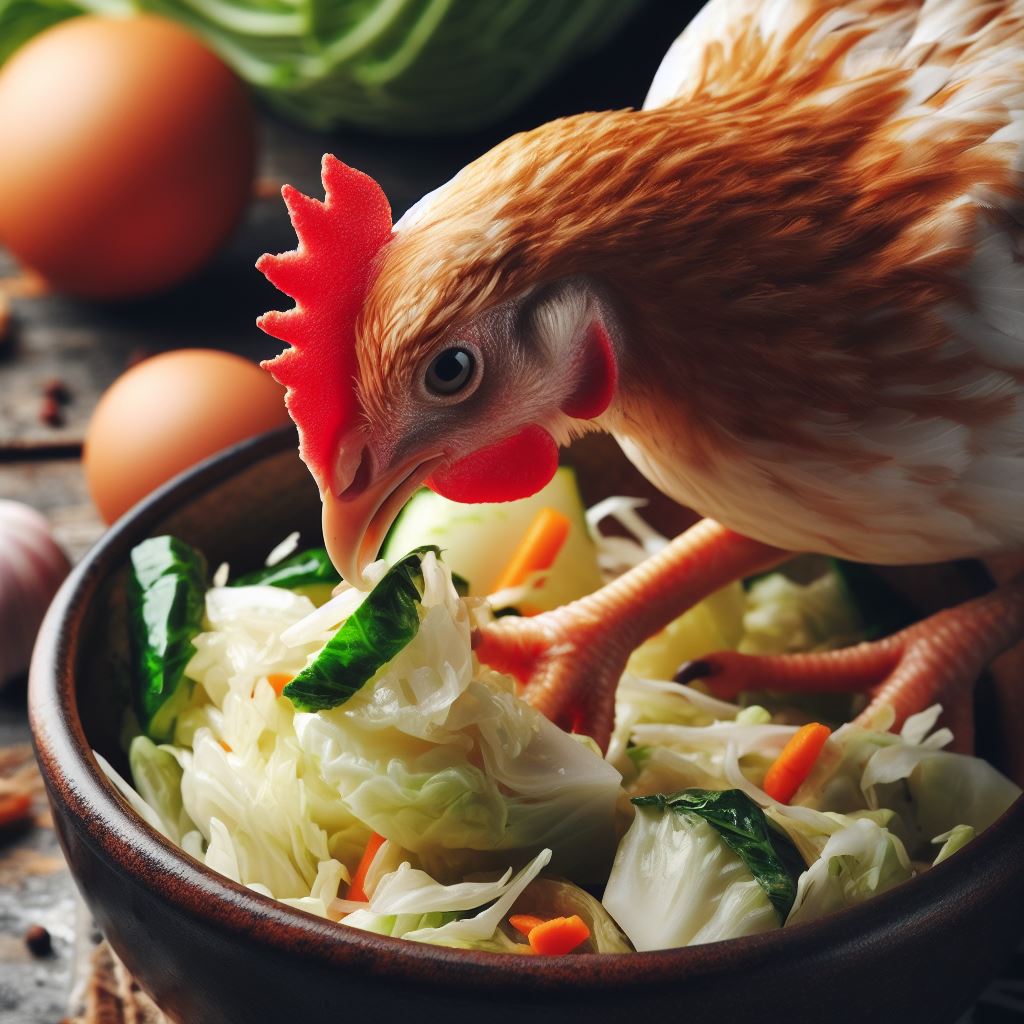 Can Chickens Eat Cabbage? The fact
Can Chickens Eat Cabbage? The fact
Yes, chickens can safely eat cabbage in small quantities as an occasional treat. Here are some key points:
- Supports digestive health – the fiber aids gut motility and healthy bacteria
- Provides moisture for hydration
- Introduces new flavors and textures to prevent boredom
- Offers variety to complement commercial feed
However, cabbage should not make up more than 10% of a chicken’s total daily food intake. Too much can lead to nutritional imbalances and potential thyroid problems.
Cabbage Feeding Tips
- Chop or shred cabbage into bite-sized pieces for easier eating
- Mix with other veggies for nutritional diversity
- Feed 1-2 times per week at most
- Remove any uneaten cabbage within 1-2 hours to prevent spoilage
- Introduce new veggies slowly in case of sensitivity
- Avoid feeding cabbage everyday – rotate with other leafy greens
Watch for signs of gastrointestinal upset like diarrhea as an indicator you may need to cut back the amount offered.
Nutritional Profile of Cabbage
Here is an overview of the main nutrients found in 1 cup raw chopped cabbage (approximately 89g):
| Nutrient | Amount | % Daily Value |
|---|---|---|
| Calories | 22 | 1% |
| Protein | 1 g | 2% |
| Fiber | 2 g | 7% |
| Vitamin C | 54 mg | 90% |
| Vitamin K | 76 mcg | 95% |
| Folate | 43 mcg | 11% |
| Calcium | 40 mg | 3% |
| Potassium | 152 mg | 4% |
Cabbage is low in calories and high in vitamin C, vitamin K, and fiber. It also contains glucosinolates, a compound that may have anti-inflammatory effects.
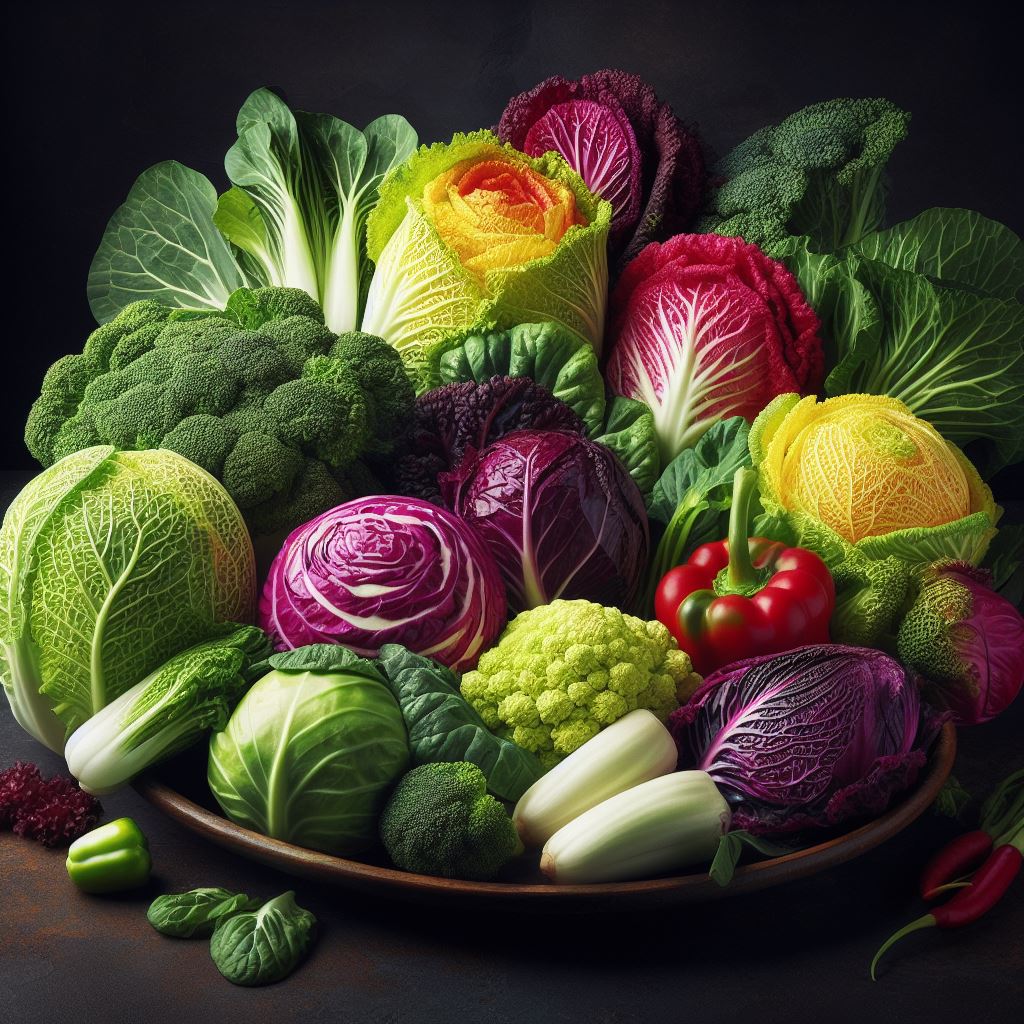 Cabbage Varieties for Chickens
Cabbage Varieties for Chickens
Chickens can enjoy a range of cabbage types including:
Green Cabbage
The most common variety, it has crinkly leaves and a mild, sweet flavor. Works well raw or cooked.
Red Cabbage
Adds a pop of color and contains more antioxidants than green. Also has a subtle peppery taste.
Napa Cabbage
Has tender, ruffled leaves and a mild flavor. Can be enjoyed raw in coleslaw.
Savoy Cabbage
Features tightly curled, wrinkled leaves. Its earthy flavor holds up well to cooking.
Bok Choy
A non-head forming cabbage with elongated white stems and dark leaves. Imparts a refreshing, herb-like flavor.
Mixing up the varieties gives your flock more diverse nutrients while keeping their interest piqued.
Potential Concerns with Feeding Cabbage
While nutritious in moderation, too much cabbage can cause issues including:
- Thyroid problems – very high consumption can impact hormone production and cause goiter.
- Calcium deficiency – compounds called oxalates bind minerals like calcium.
- Gut irritation – the high fiber and sulfur-containing glucosinolates may cause loose stool.
- Nutritional imbalance – overfeeding dilutes the complete nutrition in commercial feed.
That’s why variety and portion control are key when supplementing chicken diets. Follow suggested feeding amounts and watch for signs of intolerance.
Can Chickens Eat Raw Cabbage?
Yes, chickens can eat cabbage raw. In fact, raw cabbage retains more nutrients and enzymes that are lost during cooking.
Some pointers for feeding raw cabbage:
- Start with smaller quantities as raw cabbage is harder to digest
- Chop or shred to make it easier to break down
- Mix with softer greens like lettuce or spinach
- Feed sparingly 1-2 times per week at most
If you notice loose droppings after feeding raw cabbage, reduce the amount or cook it before serving. This makes it gentler on digestion.
Can Chickens Eat Cooked Cabbage?
Cooked cabbage is also safe for chickens to consume. Cooking softens the vegetable, making it easier to digest.
Ways to feed cooked cabbage:
- Chop and lightly steam or sauté
- Add to chicken soup or stews
- Mix cooked cabbage into egg dishes or grain-based meals
- Mash cooked cabbage with potatoes or root veggies
Choose low-sodium cooking methods and avoid adding excess oils or seasonings. Allow cooked cabbage to cool before feeding.
Cabbage Leaves for Chickens
Large, intact cabbage leaves provide chickens with enriching foraging opportunities. The leaves allow chickens to peck and nibble to their heart’s content.
Some suggestions for offering cabbage leaves:
- Hang leaves from rope perches or the top of the run
- Scatter leaves on the ground of the coop or outdoor space
- Stuff leaves into a colander, basket, or mesh treat ball
- Weigh leaves down with rocks in a shallow open container
Supervise your flock during feeding to prevent conflicts. Remove any wilted leaves within a few hours.
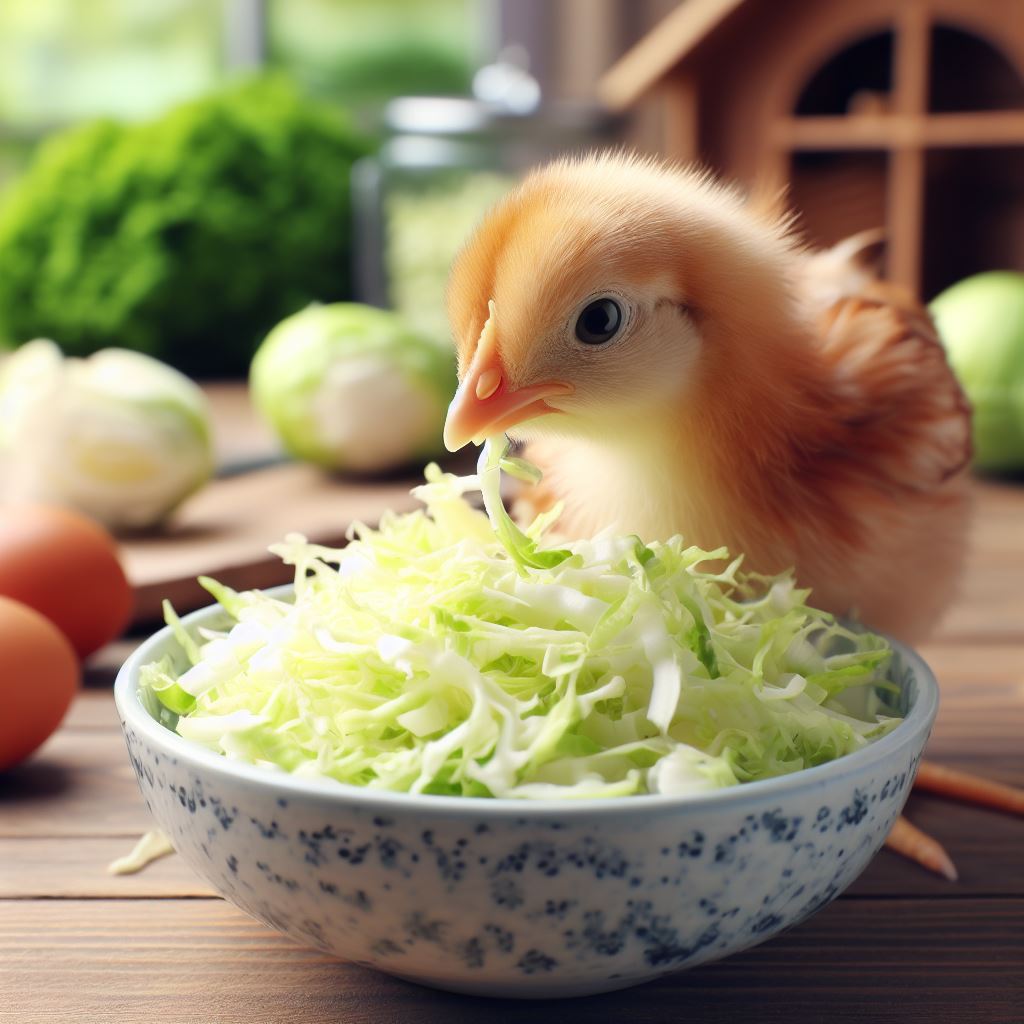 Can Baby Chicks Eat Cabbage?
Can Baby Chicks Eat Cabbage?
Cabbage is not recommended for chicks under 12 weeks old. Young chicks have sensitive digestive systems that are still developing. Too much cabbage may overwhelm their gut health.
Wait until chicks are fully feathered and eating starter feed well before introducing green chopped cabbage in very small amounts. Cook cabbage thoroughly until chicks are closer to 20 weeks old.
Always monitor chick’s droppings when offering new foods. Runny poop could mean their digestive tract needs a break from cabbage.
FAQs About Chickens and Cabbage
Can chickens eat cabbage every day?
No, cabbage should not be fed daily. Chickens require a balanced diet and overfeeding any single food can cause nutritional issues. Limit cabbage to 1-2 times per week.
What parts of cabbage can chickens eat?
Chickens can eat all parts of cabbage, including the leaves, stems, and root core. Chop these into bite-sized pieces for easier consumption. Cooked cabbage is often easier to digest.
Is cabbage high in calcium for chickens?
No, cabbage is not a significant source of calcium for chickens. The oxalic acid it contains binds to calcium, making it less absorbable. Feed a commercial layer feed to meet all of a chicken’s nutritional requirements.
Can too much cabbage be dangerous?
Yes, feeding cabbage in excess can negatively impact chickens. Potential issues include thyroid problems, loose stool, inhibited calcium and vitamin D absorption, and an imbalanced diet. Practice moderation when feeding treats.
Can chickens eat cabbage scraps from the kitchen?
Yes, chickens love kitchen scraps! Chop any leftover raw or cooked cabbage into bites for your flock. Mix with other veggies and grains to create a balanced meal. Follow suggested 1-2 times per week feeding amounts.
Conclusion
Cabbage can be a fun, healthy treat for chickens in moderation thanks to its vitamin, antioxidant, and hydration benefits. Feed both raw and cooked chopped cabbage 1-2 times per week mixed with other greens.
Limit servings to less than 10% of total feed to prevent nutritional imbalances. Monitor chicks and chickens when introducing new foods and discontinue use if adverse reactions occur.
Welcome. I’m Adreena Shanum, the proud owner of this website, and I am incredibly passionate about animals, especially poultry. I founded adreenapets.com as a labor of love, stemming from my desire to share my knowledge and experiences with poultry enthusiasts worldwide.


